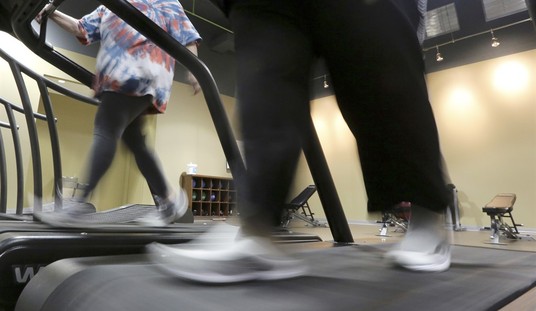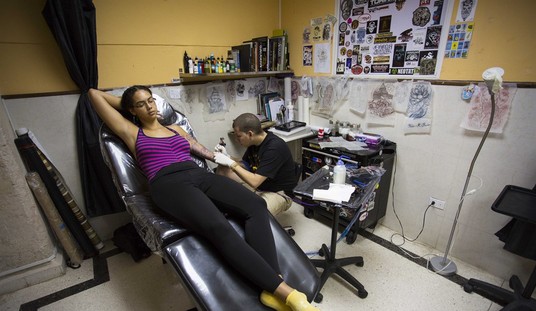When I was a young doctor, which is now a long time ago, patients who were close to death were often denied drugs like morphine for fear of turning them into addicts during their last weeks of earthly existence. This was both absurd and cruel; but nowadays we have gone to the opposite extreme. We dish out addictive painkillers as if we were doling out candy at a children’s party, with the result that there are now hundreds of thousands if not millions of iatrogenic — that is to say, medically created — addicts.
An editorial in the New England Journal of Medicine asks why this change happened, and provides at least two possible answers.
The first is that there has been a sea change in medical and social sensibility. Nowadays, doctors feel constrained to take patients at their word: a patient is in pain if he says he is because he is supposedly the best authority on his own state of mind and the sensations that he feels. This certainly meant that at the hospital where I worked you could see patients, allegedly with severe and incapacitating back pain, skipping up the stairs and returning with their prescriptions for the strongest analgesics to treat their supposed pain. In the new dispensation, doctors were professionally bound to believe what the patients said, not what they observed them doing.
The automatic credence placed in what a patient says — or credulity, if you prefer — is deemed inherently more sympathetic than a certain critical or questioning attitude towards it. And since it is now possible, indeed normal, for patients to report on doctors adversely and very publicly via the internet and other electronic media, doctors find themselves in a situation in which they must do what patients want or have their reputations publicly ruined. When in doubt, then, prescribe.
Practically all doctors (apart from pathologists) must now take courses in pain management, but not in the addiction to which the proliferation of these courses seem to have led. The author of the editorial, who is from Stanford, believes that not until doctors accept addiction as a disease, chronic and relapsing like, say, asthma, and are duly rewarded for treating it, will the problem be solved. The trouble is that addiction is not a disease like any other, any more than is burglary or driving too fast. Medical consequences do not make a disease.
Nevertheless, the editorial draws attention to the pressures on doctors to prescribe what they know in their hearts they ought not to prescribe. It omits, however, three factors: the unprecedented commercial promotion of strong painkillers by drug companies, the doctor’s physical fear of his patients (assaults by the disgruntled are not uncommon), and a strong dislike of scenes in his office. I remember very well that when I refused to prescribe either strong painkillers or other addictive drugs such as benzodiazepines (for example, valium), some of the patients would start to shout that I was not a doctor but a murderer. This was idiotic, of course, but such scenes are wearing on the nerves. Many doctors just give in prophylactically, as it were.
New from Theodore Dalrymple:
Should Doctors Lie to Their Patients About Their Survival Chances?
****
Related at PJ Lifestyle on addiction:









Join the conversation as a VIP Member